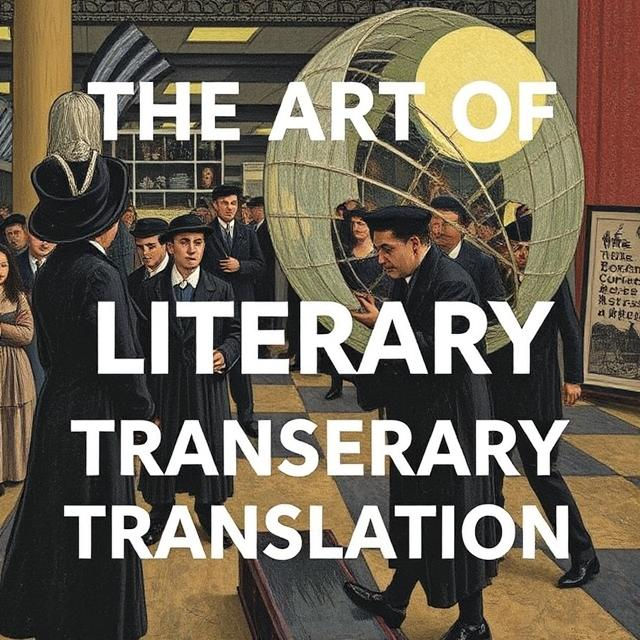THE ART OF LITERARY TRANSLATION: TRANSLATING POETRY AND PROSE
- DE MODE

- Jul 6, 2025
- 2 min read
ORIGINALLY PUBLISHED IN DE MODE
Article Published on: 06TH JULY 2025 | www.demodemagazine.com
Literary translation is a delicate and complex art form that involves far more than converting words from one language to another. It requires the translator to act as both interpreter and artist, preserving the original author’s voice, intent, and cultural nuances while making the text accessible and resonant in another language. Nowhere is this task more challenging—and rewarding—than in the translation of poetry and prose.
Translating poetry demands particular sensitivity to rhythm, sound, metaphor, and emotion. The translator must decide whether to retain rhyme schemes and meter or to prioritize meaning and imagery. In this balancing act, every word matters. The translator often re-creates the poem rather than replicating it, crafting lines that evoke the same emotional and aesthetic experience for the new audience. For instance, translations of Rainer Maria Rilke or Pablo Neruda vary widely, each shaped by the translator’s interpretation of tone and cadence.

Prose, while often more straightforward, presents its own challenges. A novel or short story contains layers of cultural context, idiomatic expressions, and narrative voice. The translator must maintain the story’s flow and texture while ensuring that references make sense to readers unfamiliar with the source culture. This requires deep cultural literacy and literary sensitivity. Translators of authors like Haruki Murakami or Gabriel García Márquez must navigate surrealism, humor, and subtleties in dialogue that do not always have direct equivalents.
Ultimately, literary translation is a form of authorship in its own right. It opens literary worlds across borders, allowing readers to experience the richness of global literature. Translators bridge cultural divides, champion linguistic beauty, and expand the reach of storytelling. Their work ensures that the universal power of literature—its ability to connect hearts and minds—transcends language.



Comments